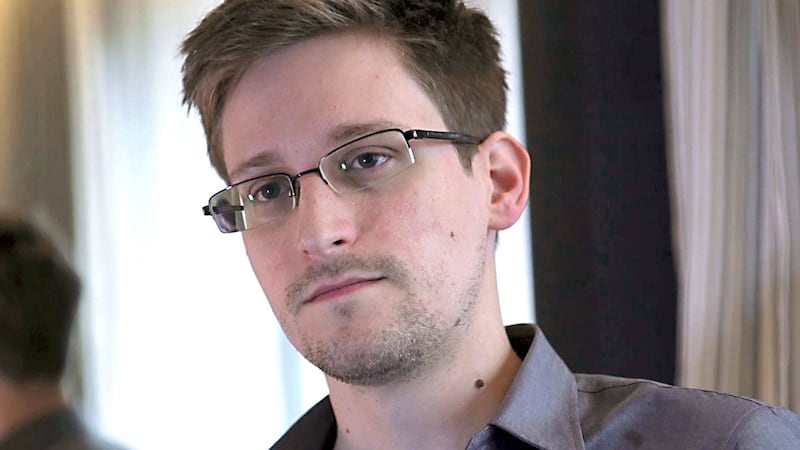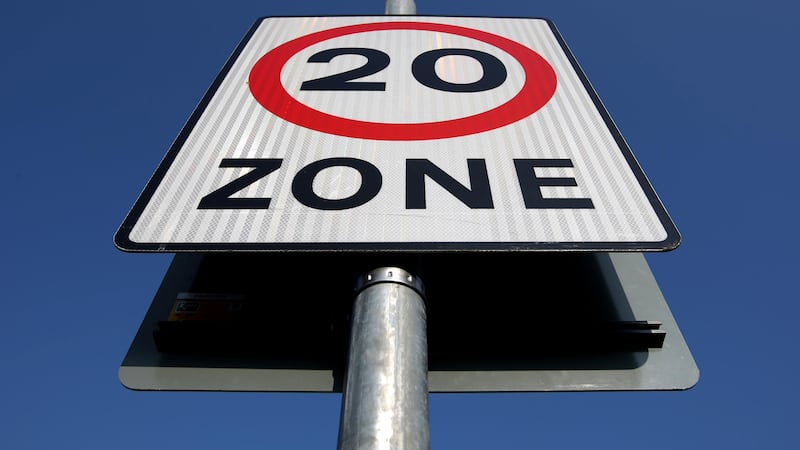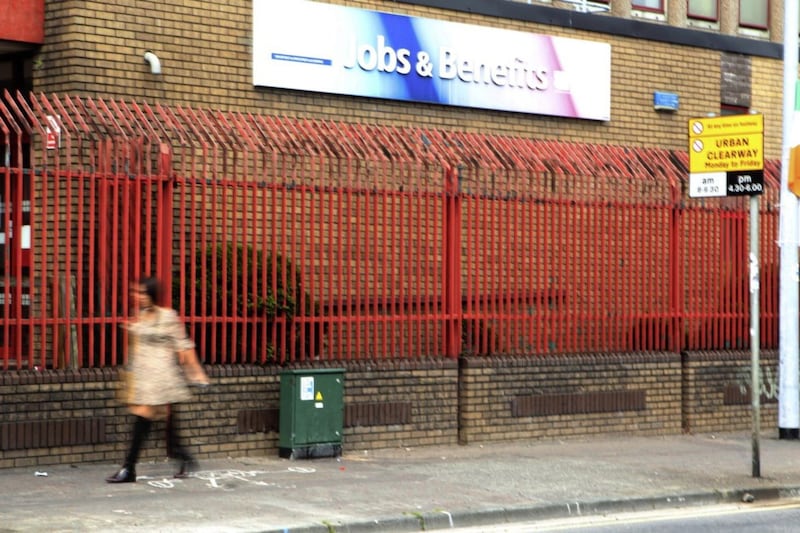WHEN the Regulation of Investigatory Powers Act was granted approval for expansion into a new, broader act in November, US whistleblower Edward Snowden tweeted that the UK has just "just legalised the most extreme surveillance in the history of western democracy".
What these latest revelations highlight is the casual nature with which the powers to carry out such extreme surveillance are handed out.
It is easier to argue the case for the use of such powers if they are strictly used by and for what they were originally intended – for law enforcement bodies to prevent terrorism.
However, almost without anyone noticing, borough councils, fisheries bodies and government departments meant to oversee the management of our roads, schools and healthcare system were suddenly granted the right to stalk, both virtually and physically, anyone they chose to – for any and no reason.
Under RIPA, the person under scrutiny does not even have to be suspected of any wrongdoing.
Throughout its history, numerous abuses of RIPA by various authorities in England have been uncovered, including a council operation to check on "the proper movement of pigs" and another council hiding cameras in tin cans to catch out litterbugs.
In 2015, the BBC even admitted using the anti-terror laws to catch out license-fee-dodgers.
Furthermore, RIPA has disastrous implications for journalism, as it allows one of the fundamentals of the practice – the protection of sources – to be legally violated.
Now, if a government department or authority wants to find out the name of a source disclosing information to a news agency, all they have to do is peek at the journalist’s phone records under RIPA.








